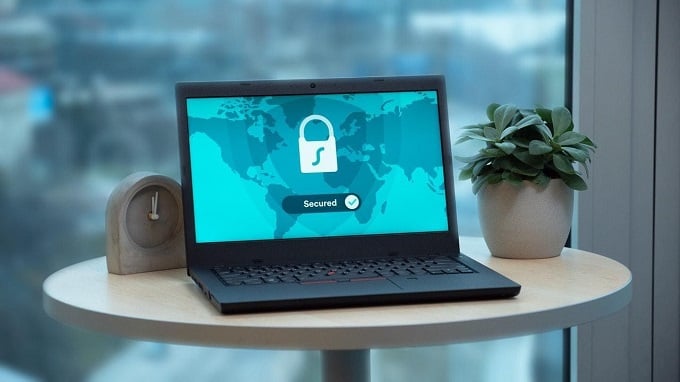In this article, we will talk about VPN and its most important features. These features should help you understand how well-protected you are while online and points to consider before getting a VPN. Content
Introduction to VPN
VPN stands for Virtual Private Network, a form of online connection that provides adequate protection to the user and his data. The whole point of using a VPN app is to reduce the amount of information one is sharing and protect his/her identity and privacy. More importantly, Virtual Private Network allows users to create an internet connection to multiple servers around the world, thus helping the user protect their private information. Private information gathering and surveillance are two of the biggest issues many users face today. For instance, ISP or Internet Service Provider monitors your search, download, and website history. By using your IP address, they are also able to pinpoint the exact location you are at. Luckily, with a VPN, you can avoid all of these pitfalls and enjoy what the internet has to offer without fearing about your safety. But, do VPN apps record your search history actually? Well, the answer to that is not as straightforward as you might think.
How Does VPN Actually Function
By using encryption protocols and a virtual IP address, a VPN app allows you to connect to any website in the world. After you do so, you will no longer send information from your IP address, thus masking your online activities. By creating a single-shared network between the user device and the virtual server, a VPN app prevents any third-party to see what internet traffic is being sent. This helps keep the information you are sending private. More importantly, your online activity will not be shown to anyone who might be tracking you. This helps prevent cybercriminals from stealing your information as well as stops tracking from the ISP or the government. Moreover, by changing your IP address, you will be able to load sites from the country your virtual address is from and bypass any censored or blocked content.
Do VPN Apps Record Your Search History
The first and most important rule of VPN is that they should provide you with adequate protection while online. This being said, your VPN app will probably not record your online searches. However, this may vary from provider to provider and what you do online. For instance:
VPN will hide your activity from the ISP: Because the app uses encryption protocols and hides your real IP address, you can be assured that your activities will not be seen by your ISP. The information you send, when not using VPN, goes through your router and to the ISP’s server. When using a VPN, the ISP will only see the virtual server you are routing traffic from, protecting your real identity.VPN partially hides your activity from search engines: Another way you can leak private information is by using a search engine while logged in. This way, the search engine will automatically identify and tag your activities to your account and the search can be traced back to you. Because search engines usually use sophisticated tracking technologies, it is hard to completely hide your online activities.VPN cannot hide your browser history: This is due to the fact that VPN does not interfere with other application processes. Because of that, you should always delete your browsing history manually, even if you have VPN turned on. However, you can also use VPN in Incognito mode. Incognito mode does not store any browsing history and if you combine it with VPN, you will be safer.VPN cannot hide your history from your employer: If you work in a company that uses a VPN, know that your employer can implement a logging protocol to keep track of websites employees use.
Know Limits Before You Start Using VPN
When you ask ‘Do VPN apps record search history?’, you need to be aware that VPN is something you use when you go online. With that being said, it cannot interfere with other apps you have and thus might not provide adequate protection at certain times or situations. However, you can always opt for a browser VPN which might add extra protection when you go online. It may be able to change your IP address and encrypt your data but it cannot hide your logged-in account from a search engine or an e-mail website.
Things to Keep in Mind Before Using VPN
There is no doubt that VPN is a useful tool that protects our privacy from cybercriminals. So if you are looking for a good VPN service, you should consider these features:
No-log policy: A no-log policy is something VPN provider offers to its clients. This means that the VPN app, as well as the provider, will not keep track of any online activity on their servers. So, once you close the browser, all the information collected will be lost. This is a good way to protect you from potential data leaks and privacy every time you go online.Connection speed: Having a slow connection when using VPN can be annoying. Most VPN providers that have high encryption protocols will slow down browsing speeds because of routing network packets via servers.
Wrap Up: Get a VPN
Having a faster connection might mean you will have less protection. So, before you opt for a VPN app, you should weigh your options and see what fits your needs best. We suggest going for the no-log policy as it is a good precautionary measure. Also, remember that free VPN apps are less safer. If you are not paying, you are the product.
Δ


